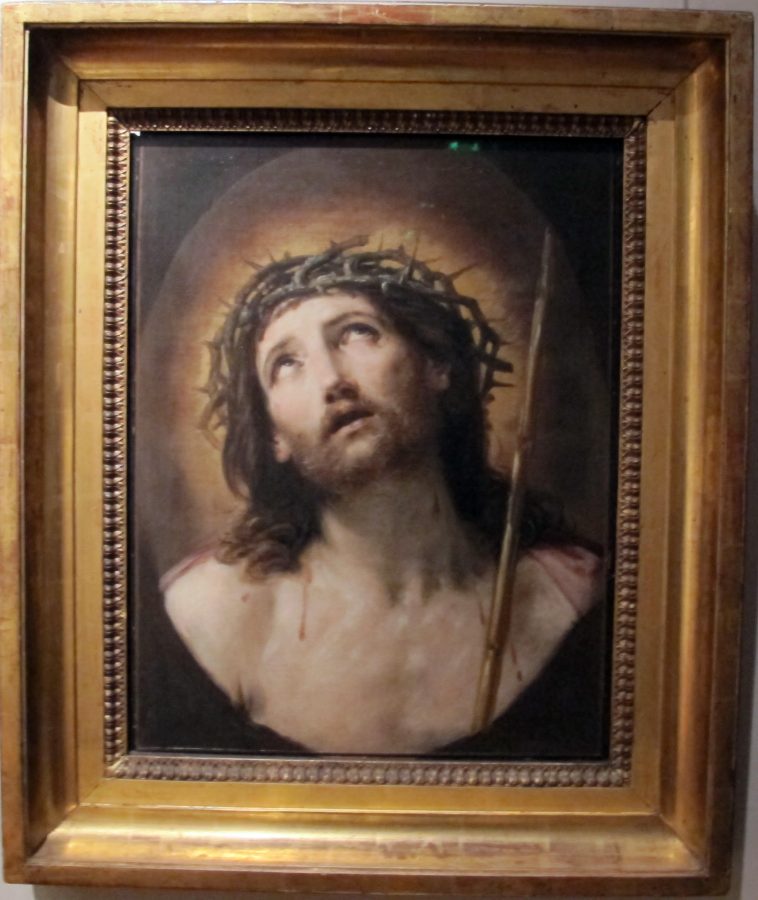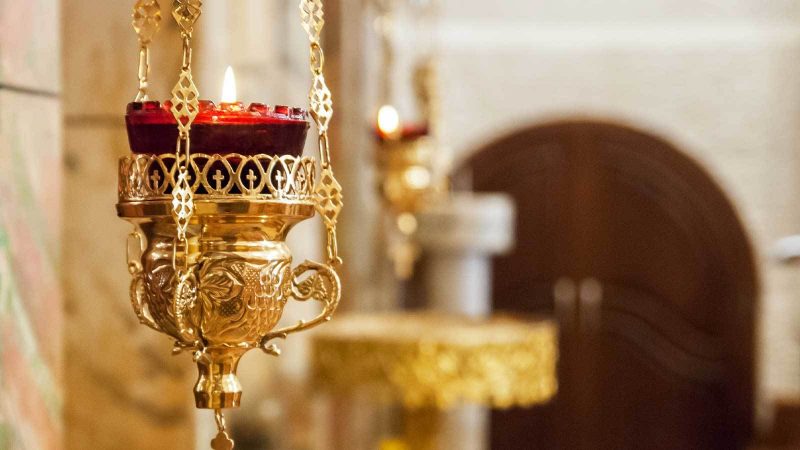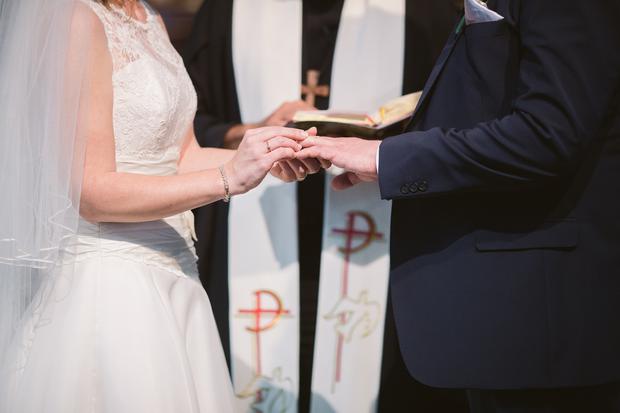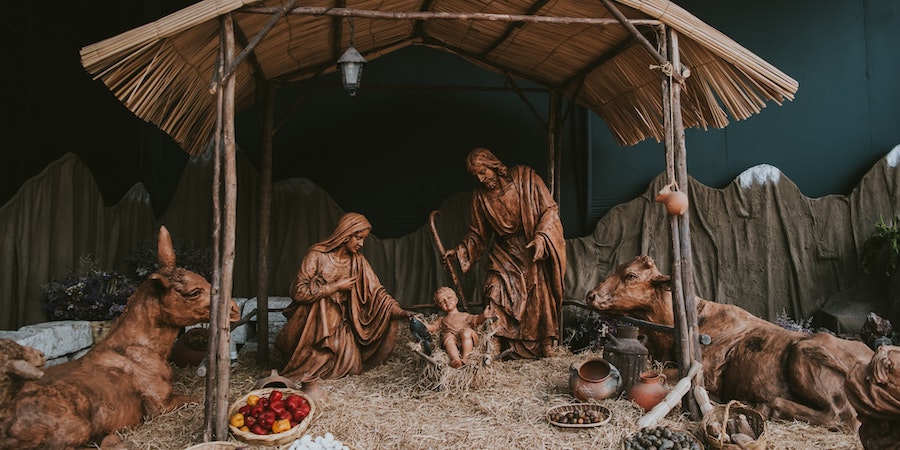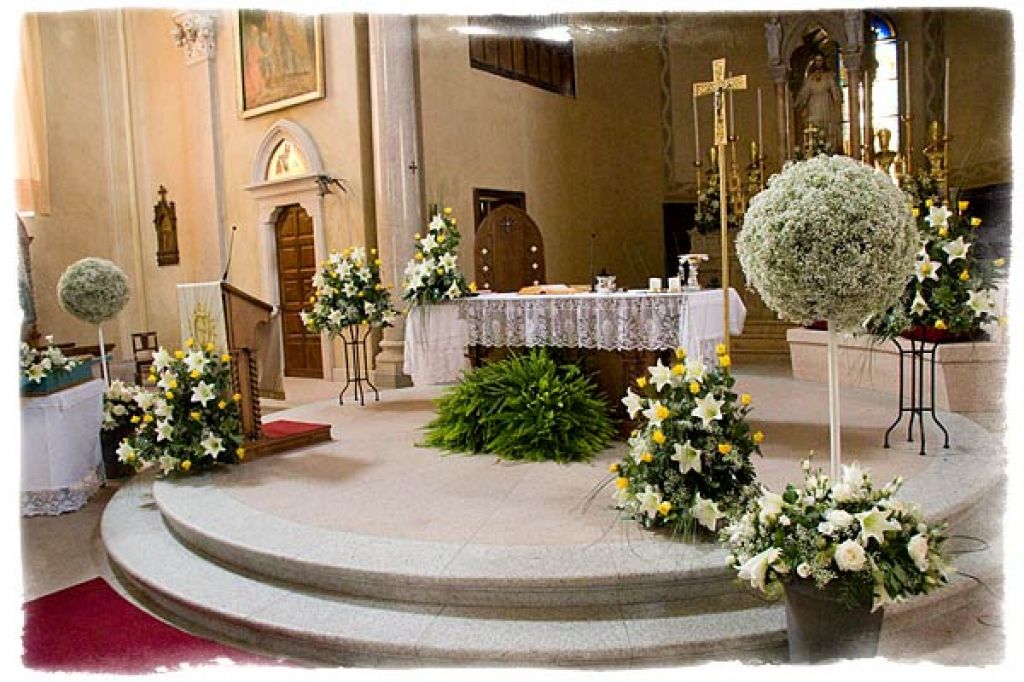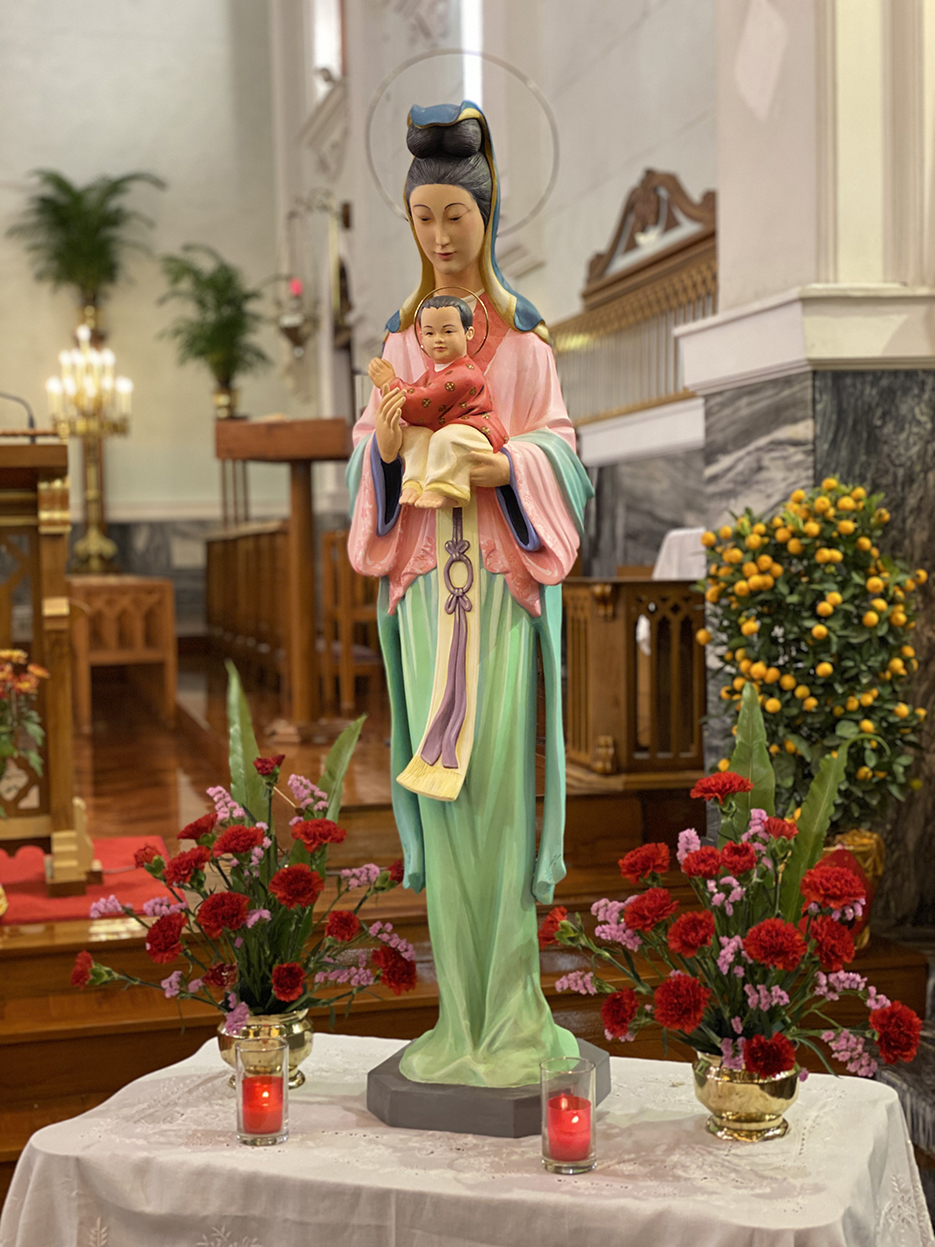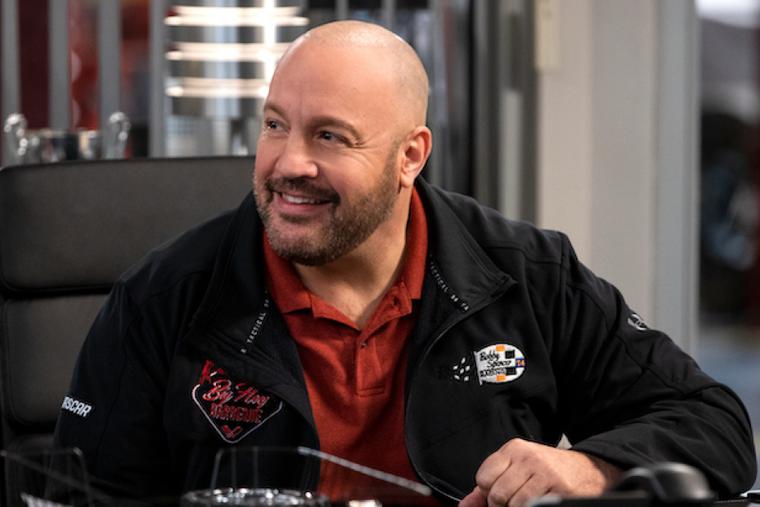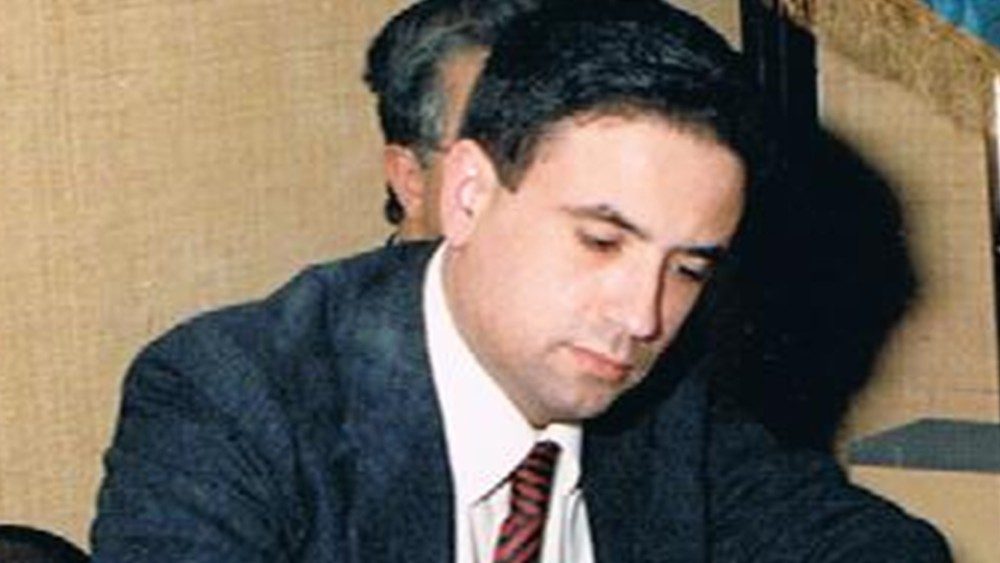Ordinary Time is an opportunity to begin again, to find greater meaning and fulfilment in our ordinary, daily work and life, and most of all to grow in our friendship with Christ. Ordinary Time presents us with an opportunity to consider the fact that living as a Christian calls us to meet the Lord in the ordinariness of our own daily life. We are invited to live this ordinary life shaped by all that Jesus has done, and to live every moment of our lives in a way that is shaped by his Gospel.


 Follow
Follow
